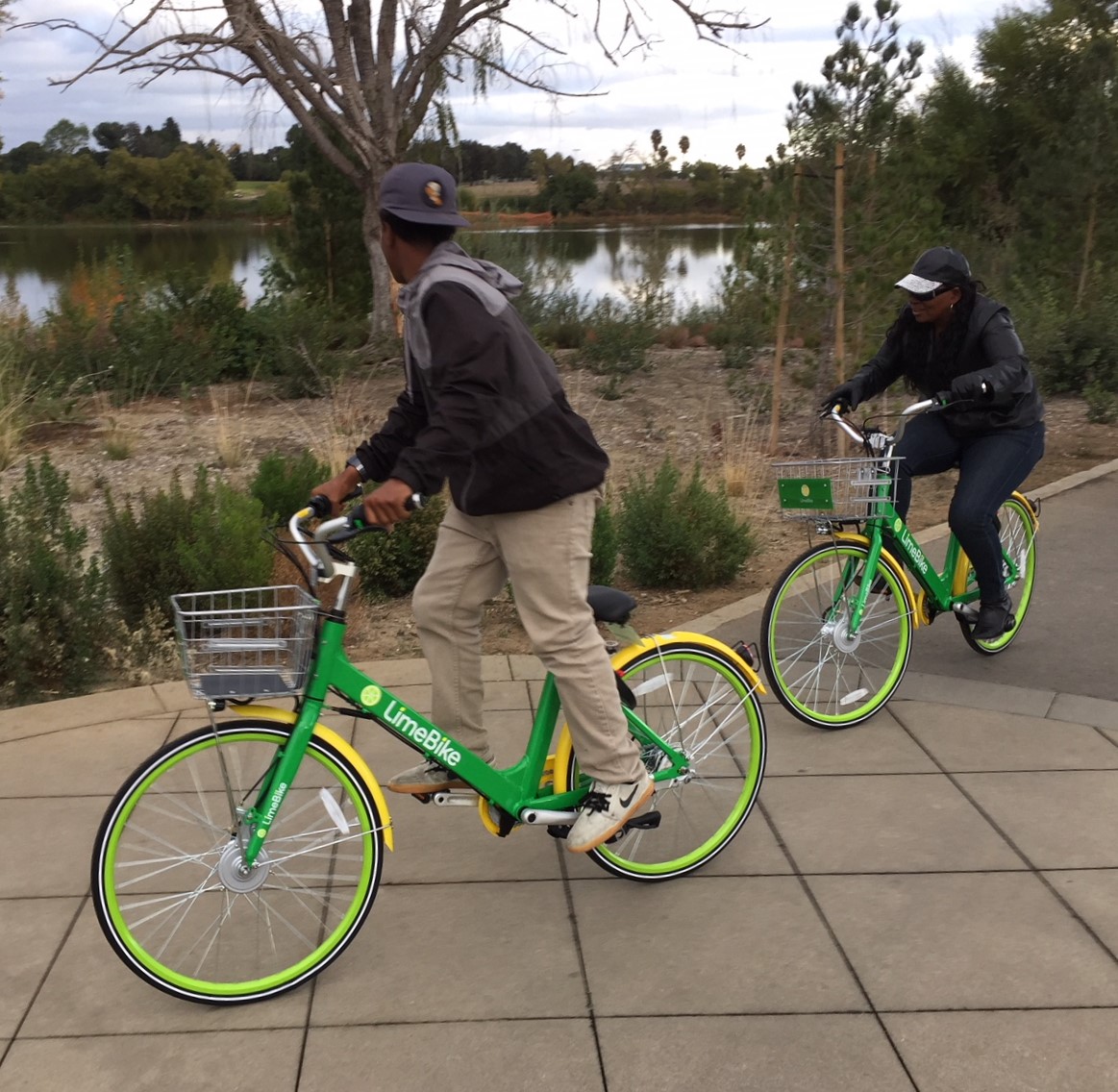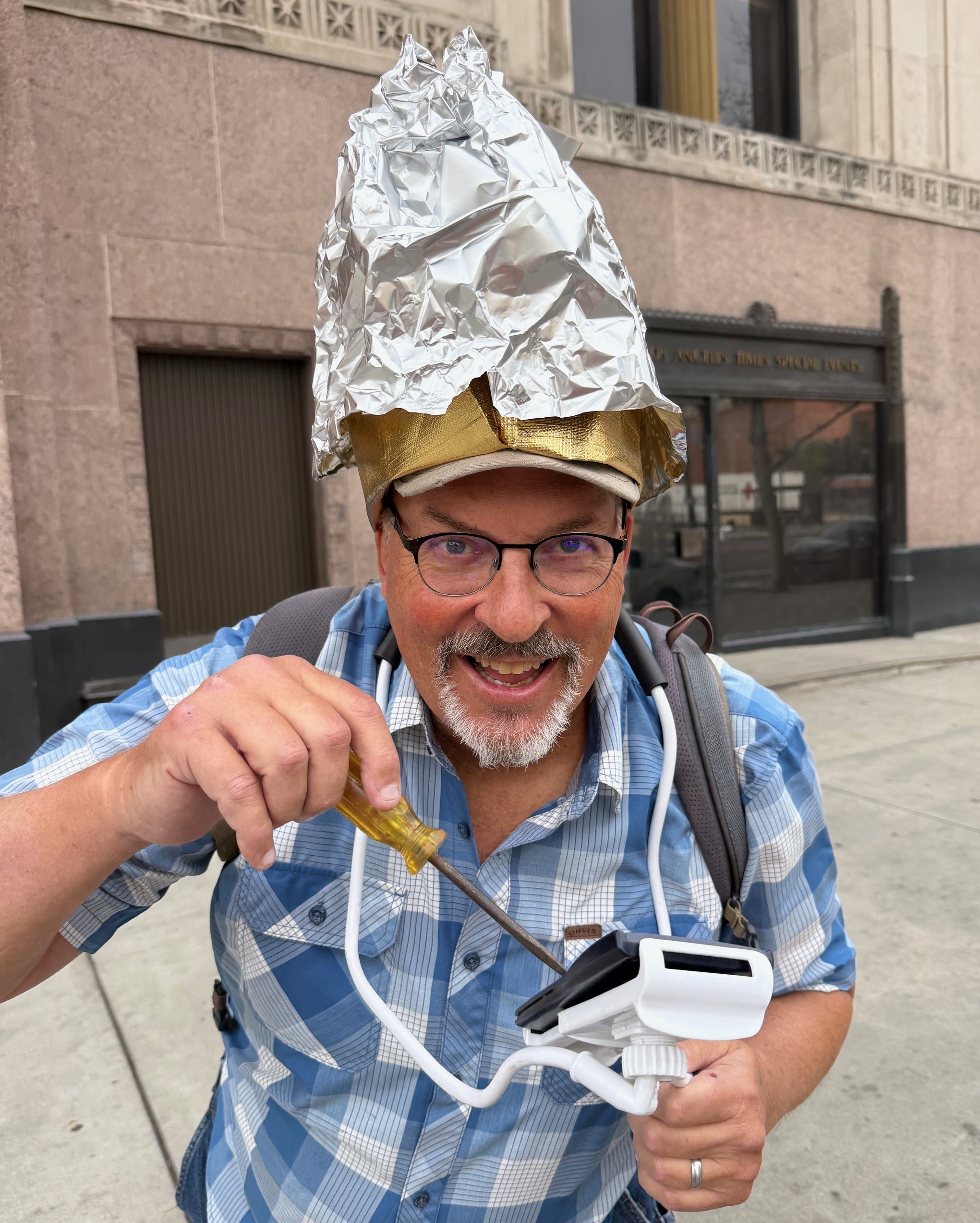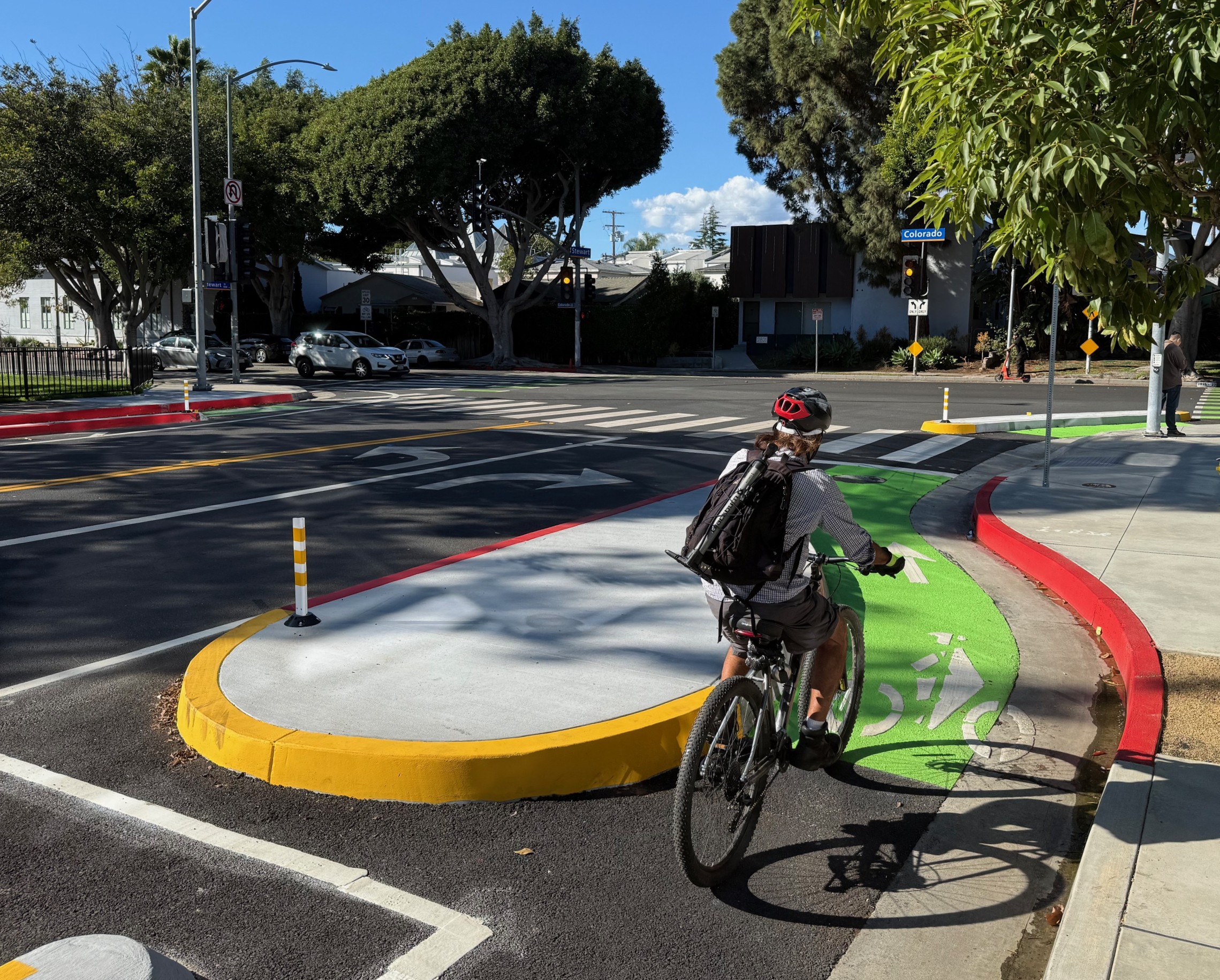Note: Metropolitan Shuttle, a leader in bus shuttle rentals, regularly sponsors coverage on Streetsblog San Francisco and Streetsblog Los Angeles. Unless noted in the story, Metropolitan Shuttle is not consulted for the content or editorial direction of the sponsored content.
Last week, the Los Angeles City Council Transportation Committee approved new pilot regulations for shared mobility devices. Once the full council approves them, the new rules will apply to dockless bike-share, e-bikes, and e-scooters.
The proposed regulations have been through a few iterations. An earlier draft, focused on dockless bike-share (DoBi) operations, was discussed last December. Since then, e-scooters proliferated, so in May the city's Transportation Department (LADOT) introduced a modified, more detailed, version which would apply to scooters, bikes, and e-bikes. The Transportation Committee responded by directing LADOT to make those regulations less restrictive.
Much of the broad outlines of the earlier proposed regulations would remain. Changed parameters include:
- Fleet Size: LADOT had proposed an initial fleet size of 500 devices, with growth up to 2,500 based on compliance with city regulations. That initial fleet size was upped to 3,000 devices. The fleet size limits include incentives to encourage operators to make mobility options available in underserved neighborhoods, with additional devices in those areas not counted against the initial cap. Operators may place up to 2,500 additional devices in disadvantaged communities, plus up to 5,000 additional devices in disadvantaged communities in the San Fernando Valley. City Councilmember Nury Martinez has been especially vocal in pushing for getting these new mobility-tech companies to serve her Valley district. To date, dockless mobility devices have primarily served L.A.'s more well-off and touristy Westside areas, though there have been a handful of DoBi pilots in other areas.
- Boundary Restrictions: LADOT had proposed keeping devices out of Metro Bike Share areas, but this restriction has been eliminated.
- Fees: LADOT initially proposed annual fees of $500, plus $50 per device. LADOT increased this to $2,000, plus $130 per device, which matches regulations recently approved by the city of Santa Monica. Devices in disadvantaged communities are discounted 70 percent, to $39 per year. LADOT General Manager Seleta Reynolds stressed that, given the business model these companies currently operate under, fees are generally not a powerful incentive, but restrictions to fleet size and location can be.
In addition, the Transportation Committee required a clear label saying “No Riding On Sidewalks” to be posted on scooters, directed disability rights organizations to be among the groups operators will outreach to, and directed LADOT to publish evaluation criteria for permitting future expansion.
The pilot regulations now await a hearing in the council's Public Works Committee, after which they must be approved by the full city council.
These shared mobility devices are still in their infancy in the Southern California market. They are popular in some areas (prominently the Westside), and this popularity has triggered some backlash. It remains to be seen what their longer-term impacts are on mobility, and the extent to which municipalities can regulate them to ensure their benefits outweigh their drawbacks.
For additional coverage and details of these Rules and Guidelines for Dockless On-Demand Personal Mobility Services, see Shane Phillips Twitter, Curbed and the city council's file.







